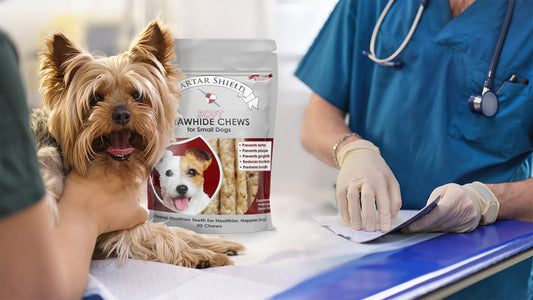Winter is in full swing, and pet parents are taking steps to protect their pets from the elements. One of the top safety concerns of the season is antifreeze poisoning. Antifreeze smells and tastes sweet to pets, but a common ingredient in antifreeze is ethylene glycol, which is extremely toxic to cats and dogs. According to Pet Poison Hotline, as little as a tablespoon of antifreeze can result in severe acute kidney failure in dogs, while as little as one teaspoon can be fatal to cats. Pets may be exposed to antifreeze if it leaks from a car radiator onto the driveway, garage floor, or street.
Common symptoms of antifreeze poisoning are vomiting, stumbling or wobbling, seizures, increased thirst and increased urination. If you suspect your pet has ingested antifreeze, contact your veterinarian immediately.
To prevent antifreeze poisoning, follow these guidelines:
- Make sure antifreeze is stored in clearly marked containers that are inaccessible to your pets
- Check your car regularly for leaks and clean up any antifreeze spills immediately
- Consider using products that do not contain ethylene glycol
- Be careful when outdoors with your pet to prevent them from stepping in or drinking from puddles



